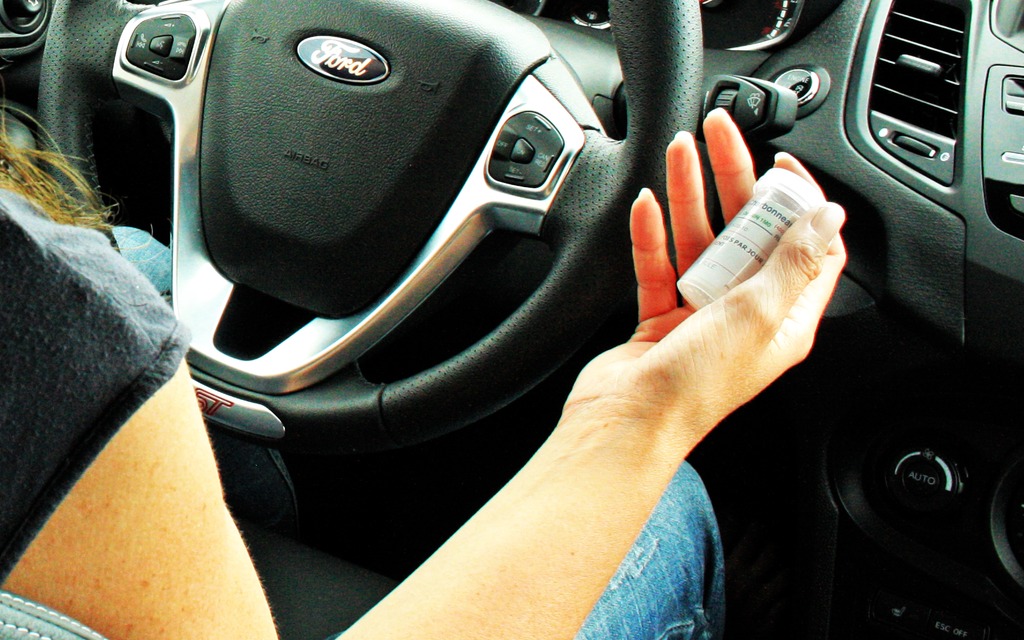Does Your Medical Condition Put You At Risk When Driving?
There’s no question that driving is one of the most convenient means of getting around. Many of us would have a hard time maintaining our independence if we couldn’t drive anymore.
Drugs and alcohol are two things that hinder our ability to drive safely, but what happens when we experience health problems? In some cases, medical conditions can make it risky to drive a car.
The first example that comes to mind is older drivers whose reflexes aren’t as sharp as they once were, and whose cognitive abilities may be reduced. As a precautionary measure, drivers aged 75 and up should consider taking medical and vision tests every two years.
Unfortunately, health problems can occur at any age. For example, people who suffer from epilepsy run a high risk at the wheel, since a seizure can occur at any time, without warning. If that happens, the epileptic driver will be unable to bring their car to a safe stop. This is not only dangerous for the driver, it also poses a threat to passengers and other road users. However, medication can help control seizures in some cases, so if a doctor determines that an epileptic is taking their meds as prescribed, patients may see their right to drive reinstated.
In diabetics, insulin and other forms of medication can cause hypoglycemia, which can lead to fainting. Long-term complications include partial or total blindness and heart or neurological problems, all of which can affect your ability to drive.
Last but not least, some prescription and over-the-counter drugs can have a negative impact on your driving. Specifically, they can affect your alertness, coordination and vision. When in doubt, talk to your doctor or pharmacist. They’ll help you determine whether you’re fit to drive and prevent you from putting lives at risk.







